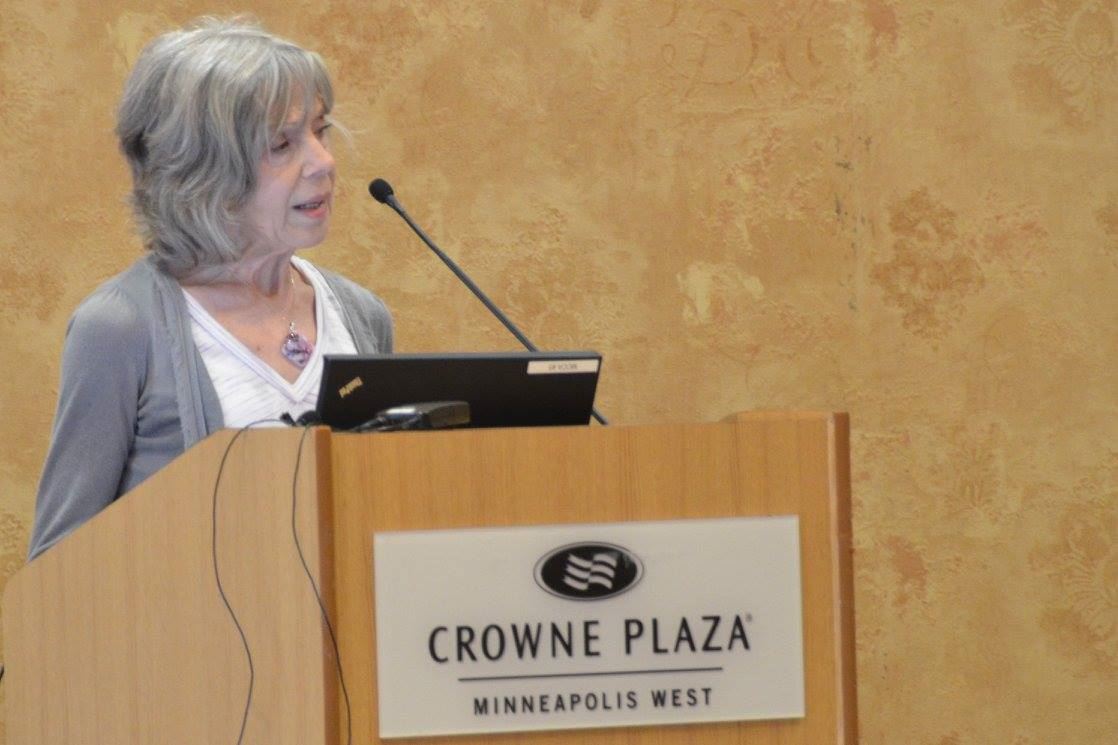|
Susan’s Story: A fatal medication error leads to a daughter’s lasting commitment for safer care
In 2003, I lost my mother to a preventable medical error. During a hospital admission, she received a larger-than-intended dose of intravenous medication that caused her untimely death. It happened to be the same year that the Minnesota legislature first passed the Adverse Health Events Reporting Law. The hospital was transparent with our family and did admit to their error, but the events that followed in the last eight days of her life revealed more complex layers that contributed to her tragic, preventable death.
As much as I was devastated, I was also driven to do something with the pain that I felt. I wanted to make sure that no other family experienced what mine had gone through. I was eventually connected to the Minnesota Hospital Association (MHA) and the Minnesota Alliance for Patient Safety (MAPS). I was willing to volunteer and work towards improving safety for patients and families. However, due to certain restrictions within our family’s settlement with the hospital, I was not allowed to share my personal story and life-changing experience with medical error.
Despite not sharing my personal story with the groups I worked with, I continued as a volunteer patient partner for the next 10 years. In 2015, I participated in the MAPS Patient and Family Engagement Committee where we worked towards creating a toolkit to inspire organizations to include and engage patients, residents, and families at all levels in the organization, resulting in the www.includealways.com website. I also served on the MHA medication reconciliation committee in 2016 to contribute from a patient perspective.
But my greatest contribution was being able to finally share my mother’s story at a MHA/MAPS “Include Always” event in 2016. Thirteen years after my mother’s death due to medical error, I reached out to the hospital to determine if they would give me permission to share my family’s experience. I was overwhelmed when a new leader responded positively and agreed that it would be a powerful way for people to learn how to improve. To me, it was a signal the industry was changing. Her letter was kind, sincere, and created an immediate sense of healing for my heart that I otherwise wouldn’t have felt. Up until that point, no one from the hospital had ever said that they were sorry to me or my family for the mistake that had occurred. I believe that the most important words that patients and families want to hear following a mistake are “We are sorry.” It was a moment that didn’t take my pain away, but instead brought forth a renewed sense of personal healing, as well as hope for our health systems to address errors in a way that supports families.
After I told my story at the event, the emotional reactions I received from the healthcare professionals caught me off-guard. It was healing for me to be able to finally share what had happened and to know that it would impact others in a positive way. When I was asked to write this article, I was surprised at how re-visiting the paperwork triggered so many emotions, even 15 years later. The hardest part of this journey has been the way it has affected my trust in the healthcare system. More recently, when my husband and daughter struggled through their own health crises, I realized how the error that caused my mother’s death creates distrust and fear when I need to make healthcare decisions, even today. The impact of medical error might fade over time, but it never goes away.
I am so grateful for the opportunities I have been given over the years to partner with the healthcare system as they look for solutions to safety issues. It is my hope that we continue finding more opportunities to move forward by encouraging and educating a growing number of patients and families to become actively engaged with organizations to establish a positive relationship between caregivers and patients and provide a place for patient and family voices to be heard. Together, we will go a lot further.
Submitted in partnership with the Minnesota Alliance for Patient Safety (MAPS), a 501(c) (3) nonprofit organization. MAPS works to achieve safe care everywhere by engaging a diverse stakeholder coalition that broadly represents Minnesota's health care community. MAPS is a subsidiary of Stratis Health. Together, they drive a common vision to advance safety across the care continuum, with special emphasis on elevating the voice of the patients for safety in all settings of care.
